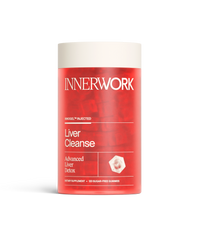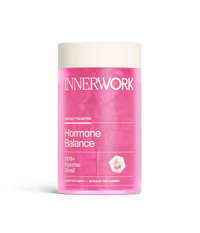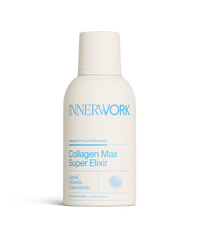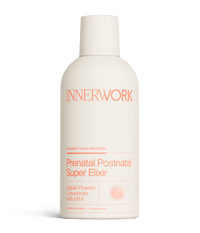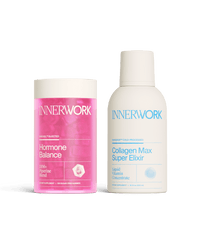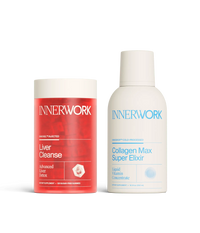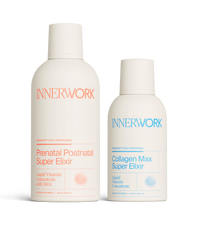Rest emerges as a cornerstone of postpartum recovery, transcending mere sleep to encompass moments of physical and mental repose throughout the day. For C-section mothers, proper positioning is vital to alleviate pressure on the incision site. Propping up with pillows can offer comfort during rest periods. Vaginal delivery mothers benefit from reclining positions that reduce stress on the pelvic floor and perineal area. Beyond sleep, incorporating moments of quiet reflection, such as listening to calming music or brief meditation, can significantly reduce stress hormones and support healing.
Gentle movement plays a crucial role in recovery for both C-section and vaginal delivery mothers. Short walks promote circulation, reduce the risk of blood clots, and aid overall healing. C-section mothers should be particularly attentive to their body's signals, avoiding movements that cause pain or swelling near the incision. Vaginal delivery mothers can gradually incorporate pelvic floor exercises like Kegels, being mindful of any discomfort or pressure in the pelvic area. This gentle activity not only supports physical recovery but also regulates blood sugar, boosts mood-enhancing endorphins, and improves digestion.
Nutrition takes on heightened importance during the postpartum period, supporting tissue repair, energy replenishment, and overall recovery. A diet rich in proteins, healthy fats, and complex carbohydrates provides the building blocks for healing. Foods high in iron, vitamin C, and zinc are particularly beneficial for tissue repair and immune function. Adequate hydration is crucial, especially for breastfeeding mothers, supporting milk production and overall tissue health. Omega-3 rich foods offer anti-inflammatory benefits and may help stabilize mood, potentially mitigating postpartum depression risks.
Pain management requires a multifaceted approach. C-section mothers can benefit from ice packs applied to the incision site to reduce swelling and numb pain. Gentle support from a postpartum wrap can make movements more comfortable. Vaginal delivery mothers might find relief through sitz baths, perineal sprays, or cooling pads to address discomfort and promote healing. When using pain medications, supporting liver function with detoxifying foods like beets and cruciferous vegetables can aid in efficient processing of these substances.
Mental health deserves equal attention in the postpartum recovery process. The hormonal fluctuations and new responsibilities can intensify feelings of anxiety, sadness, or mood swings. Regular mental health check-ins, whether through personal reflection or conversations with trusted individuals, are vital. Incorporating mindfulness techniques, even for brief periods, can provide moments of calm amidst the demands of new motherhood. Journaling offers an outlet for processing emotions and setting positive intentions, contributing to emotional well-being.
Listening to and respecting the body's cues is paramount for both C-section and vaginal delivery mothers. The pressure to "bounce back" quickly can be detrimental to recovery. C-section mothers should be particularly vigilant about signs of infection at the incision site, while vaginal delivery mothers should monitor bleeding and pelvic discomfort. Recognizing that postpartum recovery is a gradual process allows for a more compassionate and effective healing journey.
Self-care in the postpartum period is not a luxury but a necessity. By prioritizing rest, gentle movement, nutrition, pain management, and mental health, new mothers lay the foundation for robust recovery and long-term well-being. This holistic approach to self-care ensures that mothers have the energy, health, and resilience to navigate the challenges and joys of new parenthood.
The journey of postpartum recovery is unique for each woman, demanding patience, self-compassion, and attentiveness to individual needs. By honoring the body's healing process and embracing comprehensive self-care strategies, new mothers can foster a strong foundation for their health and their ability to nurture their newborns. Remember, the investment in maternal well-being reverberates through the entire family unit, supporting not just the mother's recovery but the thriving of the new family as a whole.
References
1. Postpartum Exercise Benefits: [Mayo Clinic]
2. Mindfulness for New Moms: [Mindful]
3. Nutrition for New Moms: [American Pregnancy Association]
4. Hydration Importance: [Healthline]
5. Connecting with Other Moms: [What to Expect]

